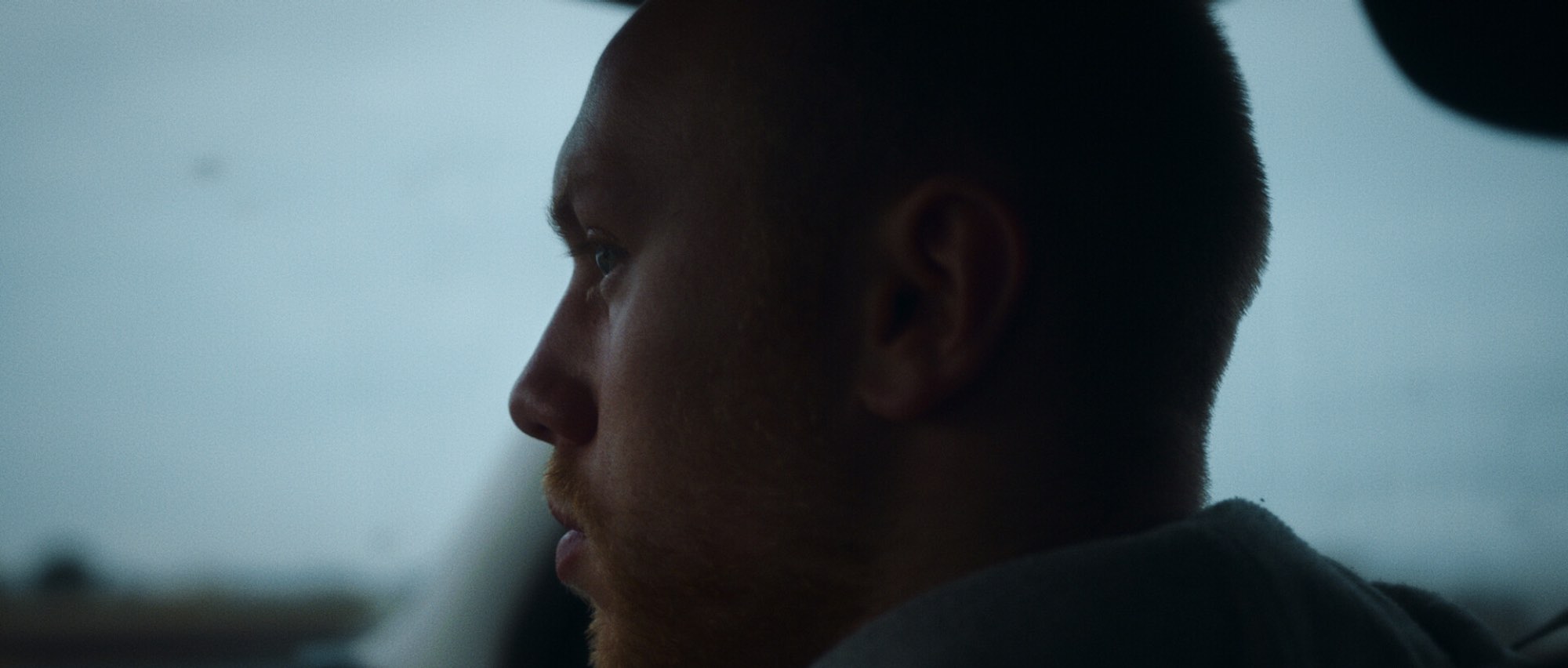
Watching Actor/Director Greg Cruttwell’s drama short Animals for the first time, I was struck and reminded that sometimes all a film needs to be is a strong screenplay activated by an equally powerful performance. That’s not to diminish the other filmic elements of Cruttwell’s film, it’s just that the writing and acting are what’s at the forefront here. This is a short film about a young man coming to terms with familial tragedy following a football match that is driven by an intricately written and emotionally charged monologue. It’s a really compelling piece of work from Cruttwell, who joins DN below as we premiere Animals online to talk over the real-life story that sparked the idea for the short, the creative decision he made to tell this particular narrative through a monologue, and the task of finding an actor who could carry the film’s heaviest emotional moments.
I’m curious to know if there was a moment, story or experience that inspired Animals.
I decided to write Animals after reading about a vicious unprovoked attack on an innocent middle-aged man after a football match which left him brain damaged and ultimately cost him his life. The mindless brutality and senselessness of the act, by a pack of animal young men, struck a chord. It was incredibly moving to read how his wife and daughter had been affected, their lives blighted forever.
I wanted to make people aware that horrific events such as this still happen, away from the stadiums, before and after games.
How were you looking to take that story and transfer it into the context of a film?
As a lover of the beautiful game but not of the violence that still exists in its shadows, I wanted to make people aware that horrific events such as this still happen, away from the stadiums, before and after games. Not only do they happen but sentencing for the perpetrators doesn’t fit the crimes. I decided to make the film a single person’s story and wondered what it might have been like if the victim had a son, who couldn’t come to terms with what happened to his dad.
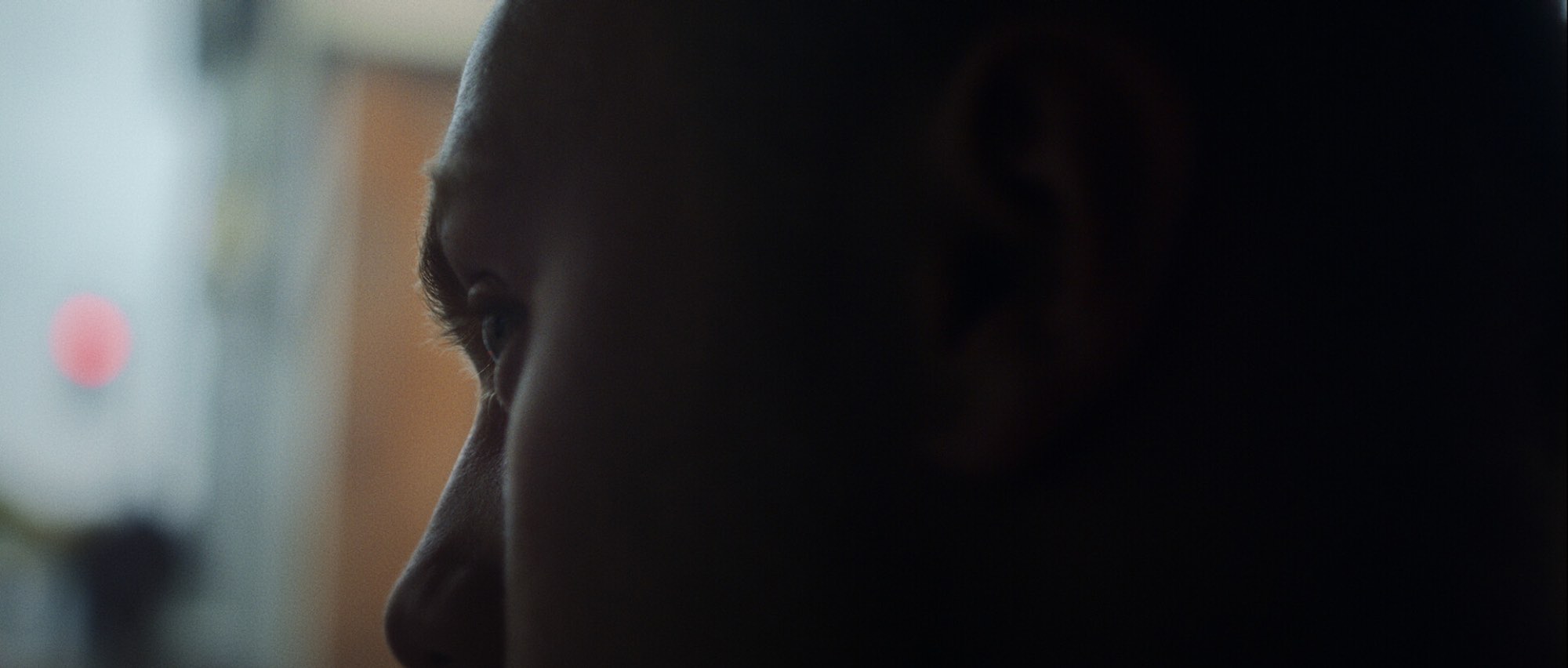
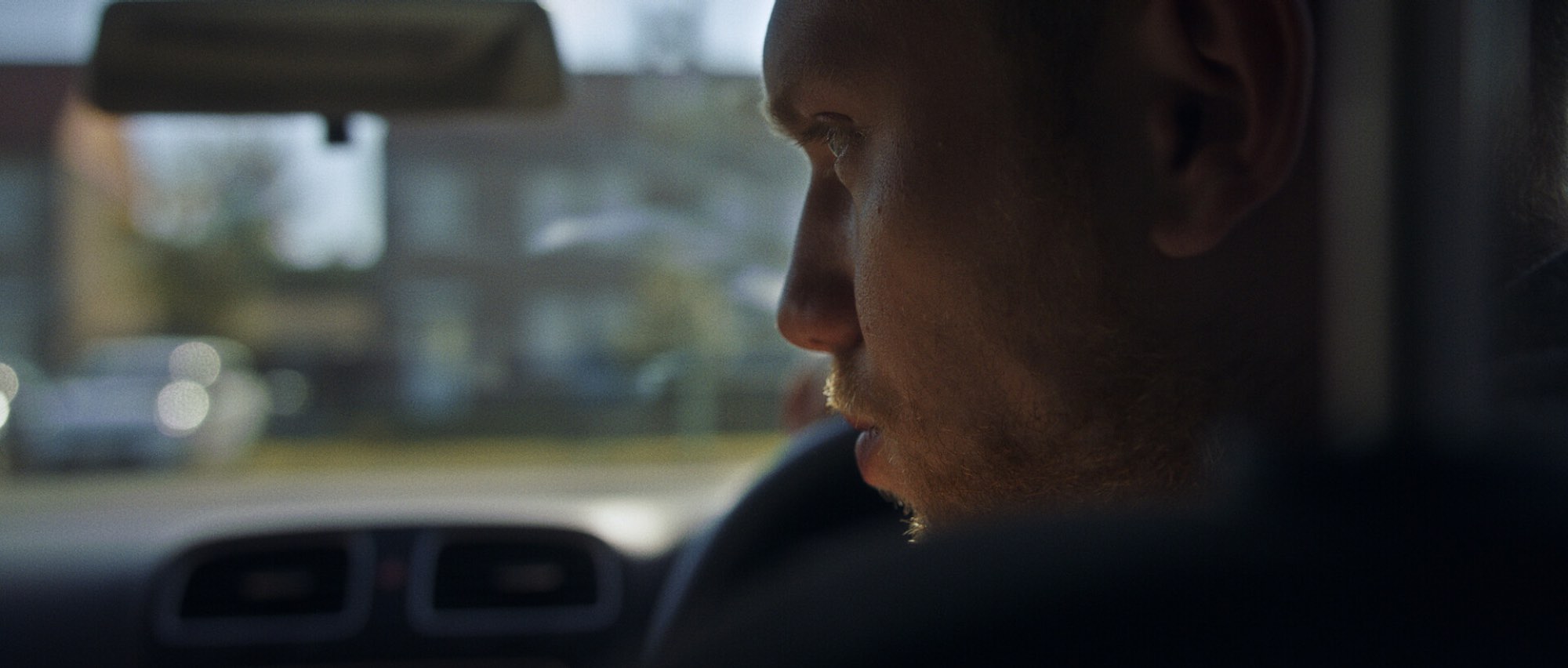
How was it bringing the different elements of the film together from the casting through to production?
Animals was shot in Suffolk, over three days, following two days rehearsal in London with Connor Porter, who plays the deeply troubled central character in the film. Finding the right actor to play Liam was crucial. I wanted the film, with its melancholic score composed by Garo Nahoulakian, to resonate a stark, bleak hopelessness, both in look and feel. In the end, however, it’s all about the central performance. I’m so pleased that I found Connor, fresh out of drama school, which I did with the help of excellent Casting Director Laura Windows.
Who else were you working with across the other departments?
Animals is the first short that I’ve made but the third film I’ve done with DOP and Editor Nathan Webber. The crew was as minimal as can be, Nathan, a sound recordist, a production assistant and me. It grew dramatically in number however when we shot the fight sequence, which we did over a long day in a warehouse in London. Eight actors came in for that to play the ‘Animals’ along with a fight coordinator and a production runner. I had a great time making the film and am keen for it to reach as wide an audience as possible.
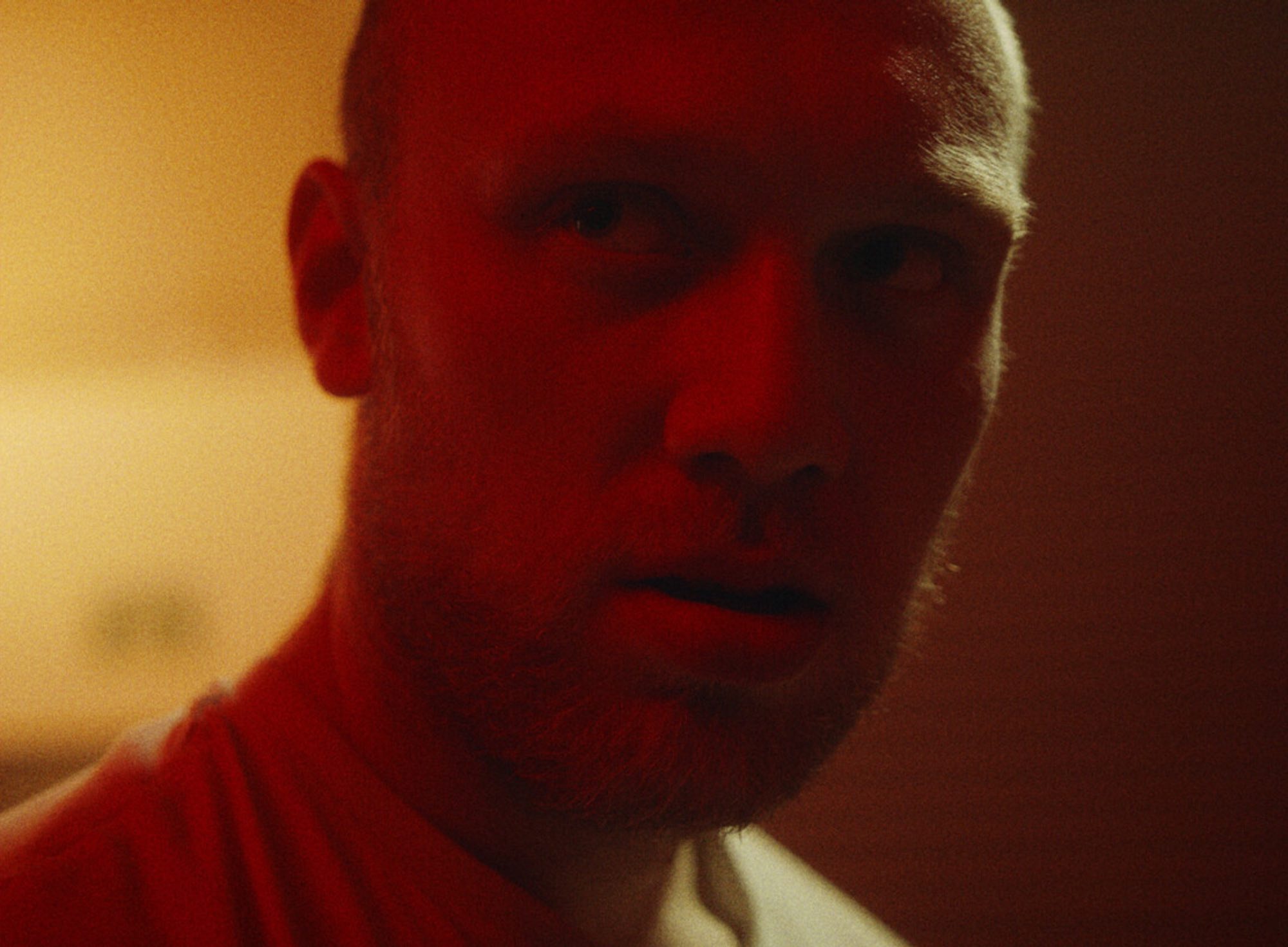
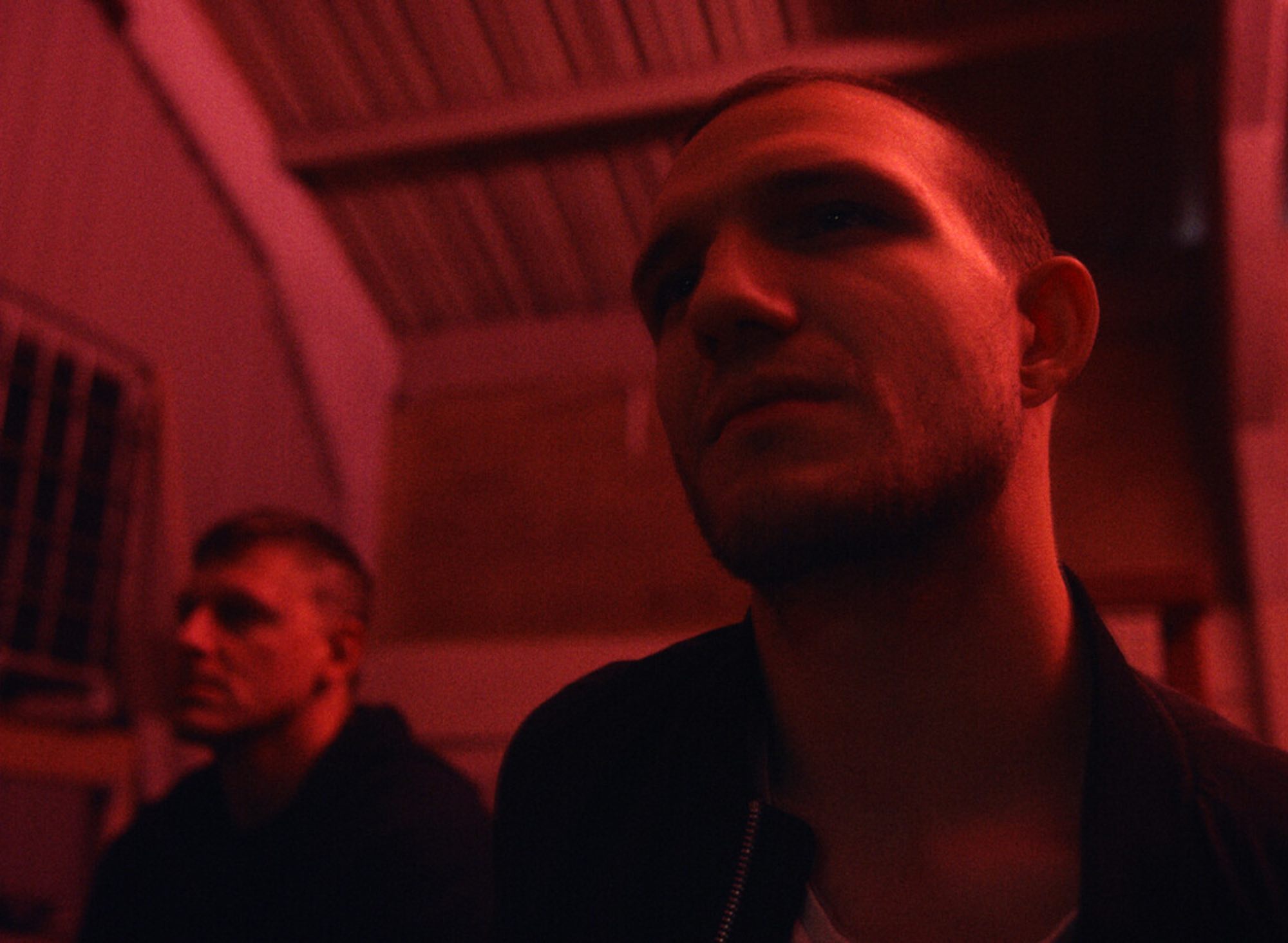
What motivated you to tell this story mostly through a monologue?
It was the way I conceived it and felt like the right way to tell this particular, very personal, story.
Could you talk more about finding Connor? What were you looking for when you were auditioning and what was it about Connor that got him the role?
The most important component in this film is the central performance, so finding the right actor to play the role was crucial. Laura who got a number of young actors, who she rates highly, to audition. The moment I saw Connor, who did the whole performance on tape, I knew it had to be him. Everything about him seemed right. He just seemed to have that undefinable something special. I’m so glad that I found him, not only because of the performance he gives, which I couldn’t be more pleased with, but because he’s a top person, who was great to work with in every way.
The most important component in this film is the central performance, so finding the right actor to play the role was crucial.
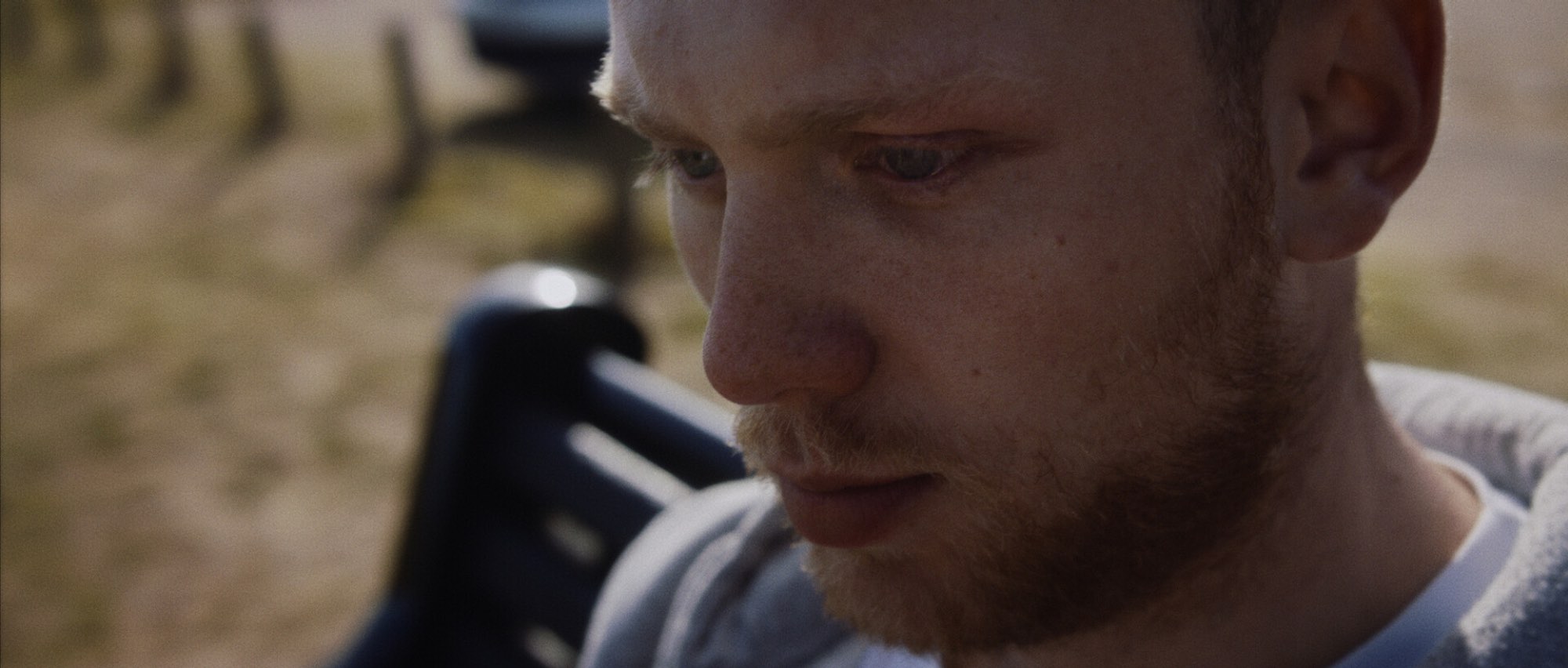
How did you find the process of navigating the directorial aspects of the project? Did your history as an actor prepare you?
This was actually my fifth film as a director and the fourth for my company Park the Bus. I love all aspects of filmmaking as a director but nothing beats working with actors, attempting to get great performance from them. I’m in no doubt at all that having been there myself helps me with that as I have a clear understanding of what acting is about.
Will you be returning to the director’s chair again soon?
I’m currently editing a feature documentary on greyhound racing, which as with my other films is for Park the Bus, I’ve produced and directed.


